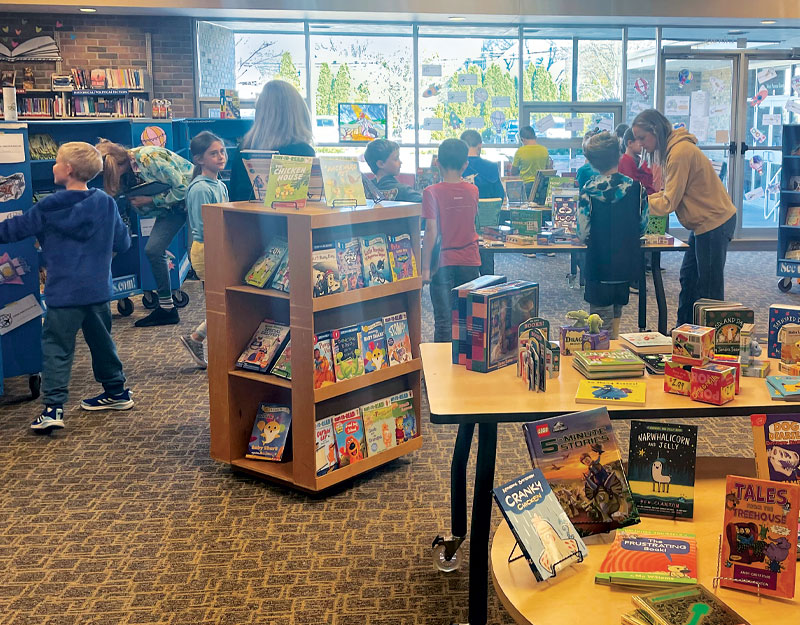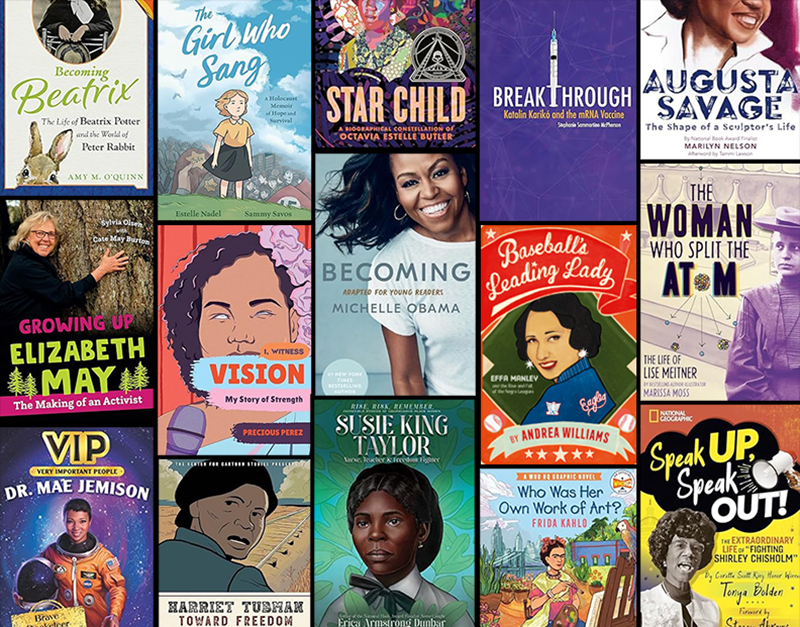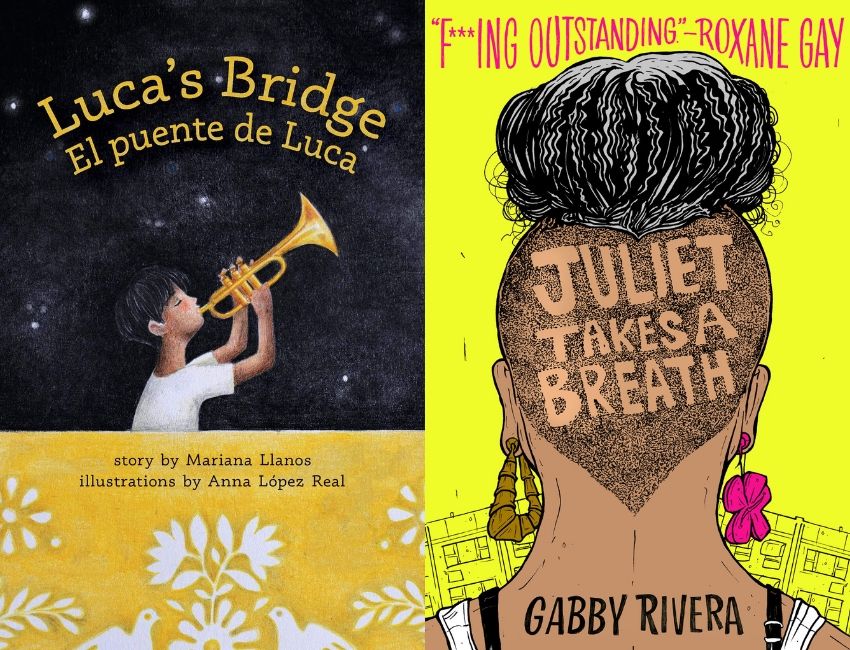Philosophy and/as/of Literature, a guest post by Amy Zhang
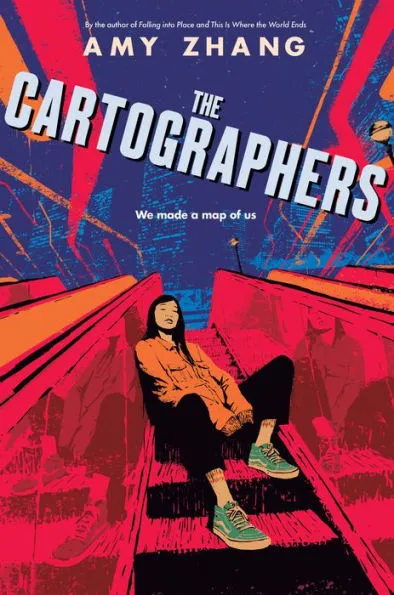
In my freshman year of college, I took a class called Philosophy and/as/of Literature. It was my first philosophy class, which must have been obvious. I had no idea what anyone was talking about. It was already too late to ask what phenomenology or a priori or empiricism meant. I nodded along while my classmates dropped names: Hegel, Schopenhauer, Barthes.
I signed up for Philosophy and/as/of Literature because my first book, Falling Into Place, had just come out. I was starting to hear from readers, who wanted to know what happened to the main character after she survived an attempt on her own life. Did she get better? Did she mend her relationships? How did she heal from her immense sadness—how did anyone? I was mystified. How should I know?
ADVERTISEMENT
ADVERTISEMENT
In philosophy class, we posed different questions. Should an author be divorced from her text? Should a reader care about an author’s background or intentions? What considerations do we owe the text, and what does any text owe a reader? Was the author an individual or an idea? It was true that I was losing my sense of self. Roland Barthes made me wish I’d written under a pseudonym. A lot of philosophers seemed to suggest that it was a disservice to the text for the author to live a public life or engage in peddling their work. I deleted my Twitter account. Other than that I came to no real conclusions.
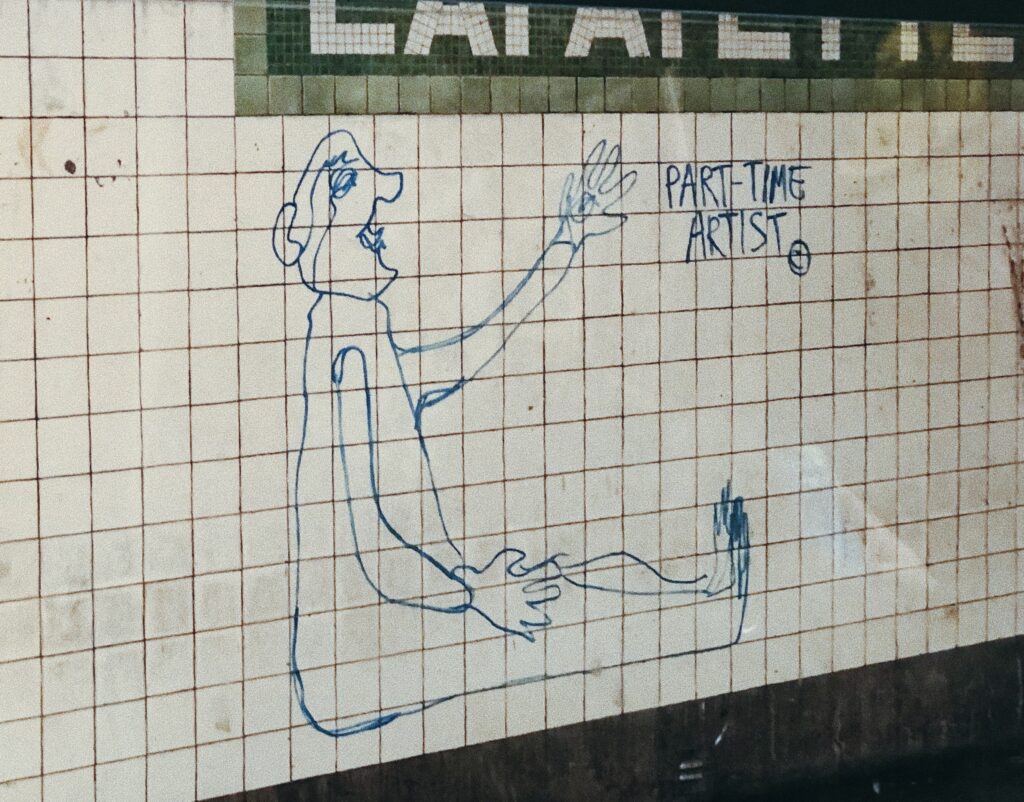
My final Philosophy and/as/of Literature paper was due on the same day as my second book, This Is Where the World Ends. I slept very little that semester and my hair kept falling out in the shower. I thought often about what Edna St. Vincent Millay said: “A person who publishes a book willfully appears before the populace with [her] pants down…if it’s a good book, nothing can harm her. If it’s a bad book, nothing can help her.”
In this state I moved to New York City for the summer. I rented a dorm room without air conditioning and worked for a book scouting agency. I had another book to write, since I was funding my summer with the advance from a two-book contract (the agency job, of course, paid nothing). I didn’t write it.
Instead I spent those days on the subway. No true New Yorker feels fond of public transportation the way a transplant from a car-dominant suburb does. I could go anywhere I wanted. Now I was really in the thick of my bildungsroman. In those months I was regularly heartbroken, then infatuated again. I was so in love with my friends.
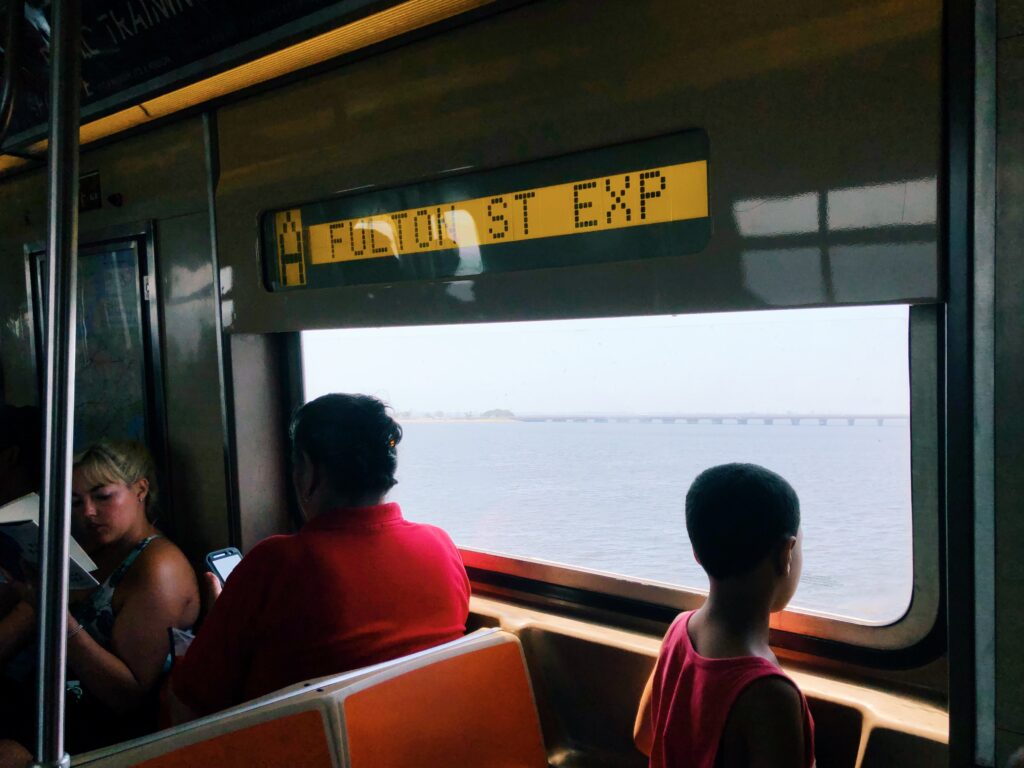
Then summer was over, and I had to go back to school. My sophomore novel came out during my sophomore year. I should have tried harder to finish my third book, I realized. Before I had anything commercially published, writing was escapism. But now that I had been freshly reminded that someone might someday read what I was writing down, I couldn’t properly disassociate into my novel. I could hardly even proofread my essays before I handed them in. The thought of being perceived through a block of static text gave me both migraines and hangovers.
My dry spell lasted another five years. I wrote school papers and a poetry chapbook. I wrote a few terrible drafts. I took more philosophy classes, which only confused me further. Forget the relationship between the author and the reader—was communication even possible? If modernity was already so saturated in representations of the truth rather than the truth itself, why was I losing my mind trying to produce a novel? What the hell was language?
I finally wrote The Cartographers between March and July of 2020, when everything else came to a standstill. How long does it take to write a book? For me this question is as difficult as any philosophical ones. It takes four months straight, plus four to six years of waking up, brushing and flossing, showering, getting dressed, complaining about tedium, maxing out credit cards, long walks, late nights, many good friends, a couple thousand hours of reading, a couple thousand more lost to social media, three or four soulmates, seven or eight shelved drafts, ten notebooks of varying quality, and countless nights spent on the subway, on your way home, bearing pizza.
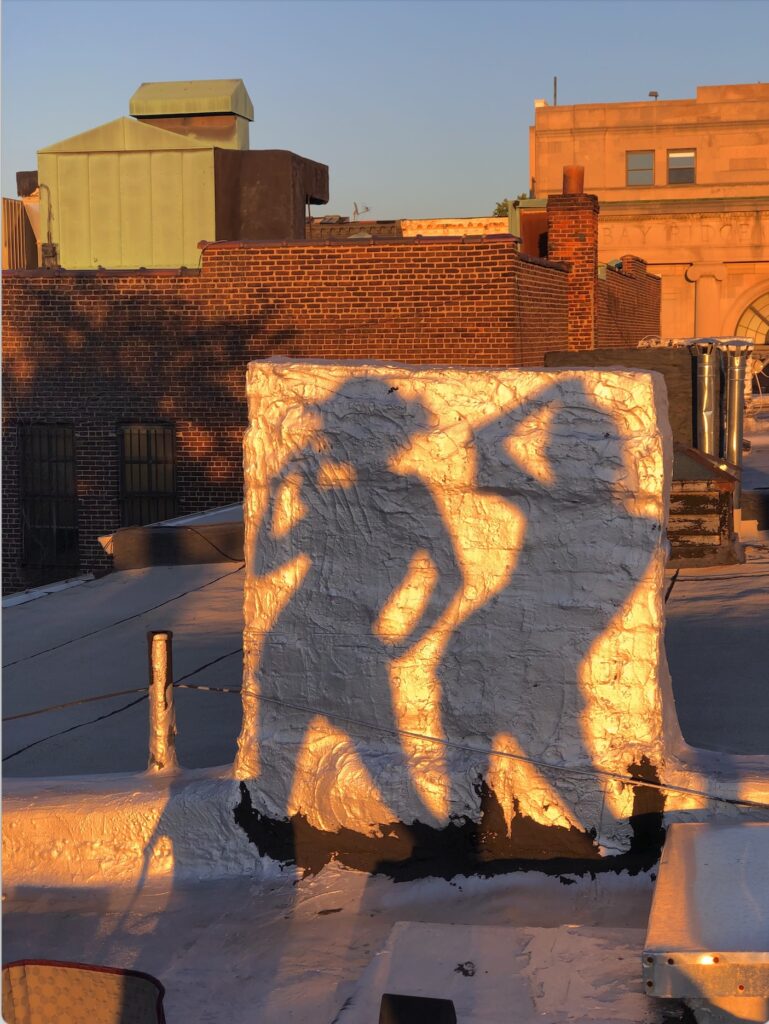
The Cartographers is about this period. Ocean lives with terrible anxiety towards selfhood and expression. She has just moved to New York City and is on her own for the very first time, and she’s lugging around her own share of immense sadness. She doesn’t know how to feel better, or even how to navigate the subway. What a vulnerable moment to fall in love for the first time! And with a philosopher to boot. Life would be so much easier if it came with a map that contained all the right answers. But as Ocean and I have learned, mapmaking is sort of the point.
Meet the author
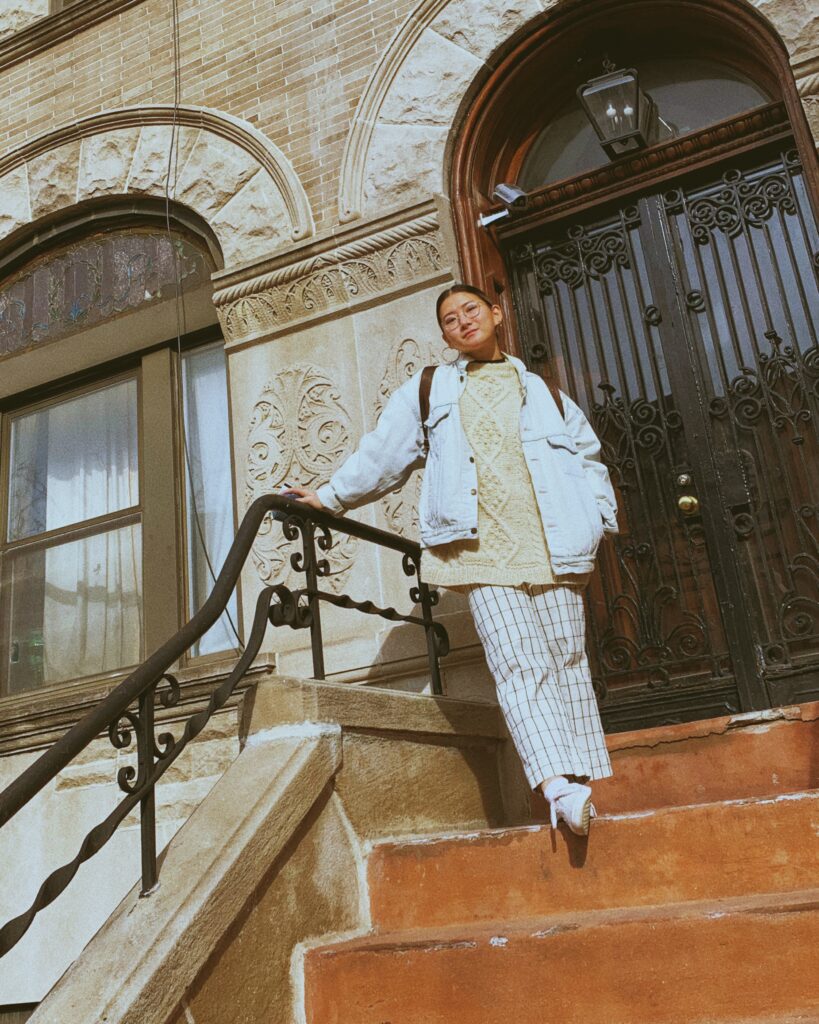
Amy Zhang is the author of Falling Into Place, This Is Where the World Ends, and The Cartographers. She lives in Seattle, WA.
About The Cartographers
ADVERTISEMENT
ADVERTISEMENT
Struggling to balance the expectations of her immigrant mother with her own deep ambivalence about her place in the world, seventeen-year-old Ocean Sun takes her savings and goes off the grid. A haunting and romantic novel about family, friendship, philosophy, fitting in, and love from Amy Zhang, the acclaimed author of Falling into Place and This Is Where the World Ends.
Ocean Sun has always felt an enormous pressure to succeed. After struggling with depression during her senior year of high school, Ocean moves to New York City, where she has been accepted at a prestigious university. But Ocean feels so emotionally raw and unmoored (and uncertain about what is real and what is not) that she decides to defer and live off her savings until she can get herself together. She also decides not to tell her mother (whom she loves very much but doesn’t want to disappoint) that she is deferring—at least until she absolutely must.
In New York, Ocean moves into an apartment with Georgie and Tashya, two strangers who soon become friends, and gets a job tutoring. She also meets a boy—Constantine Brave (a name that makes her laugh)—late one night on the subway. Constant is a fellow student and a graffiti artist, and Constant and Ocean soon start corresponding via Google Docs—they discuss physics, philosophy, art, literature, and love. But everything falls apart when Ocean goes home for Thanksgiving, Constant reveals his true character, Georgie and Tashya break up, and the police get involved.
Ocean, Constant, Georgie, and Tashya are all cartographers—mapping out their futures, their dreams, and their paths toward adulthood in this stunning and heartbreaking novel about finding the strength to control your own destiny. For fans of Nina LaCour’s We Are Okay and Daniel Nayeri’s Everything Sad Is Untrue.
ISBN-13: 9780062383075
Publisher: HarperCollins Publishers
Publication date: 01/31/2023
Age Range: 14 – 17 Years
Filed under: Guest Post
About Amanda MacGregor
Amanda MacGregor works in an elementary library, loves dogs, and can be found on BlueSky at @amandamacgregor.bsky.social.
ADVERTISEMENT
ADVERTISEMENT
SLJ Blog Network
Newbery/Caldecott 2026 Spring Check-In
Remember (the) Maine: A Stroll Around Kittybunkport with Scott Rothman
5 Unlimited Access Digital Comics to Boost K–8 Reading | Sponsored
When Book Bans are a Form of Discrimination, What is the Path to Justice?
ADVERTISEMENT



